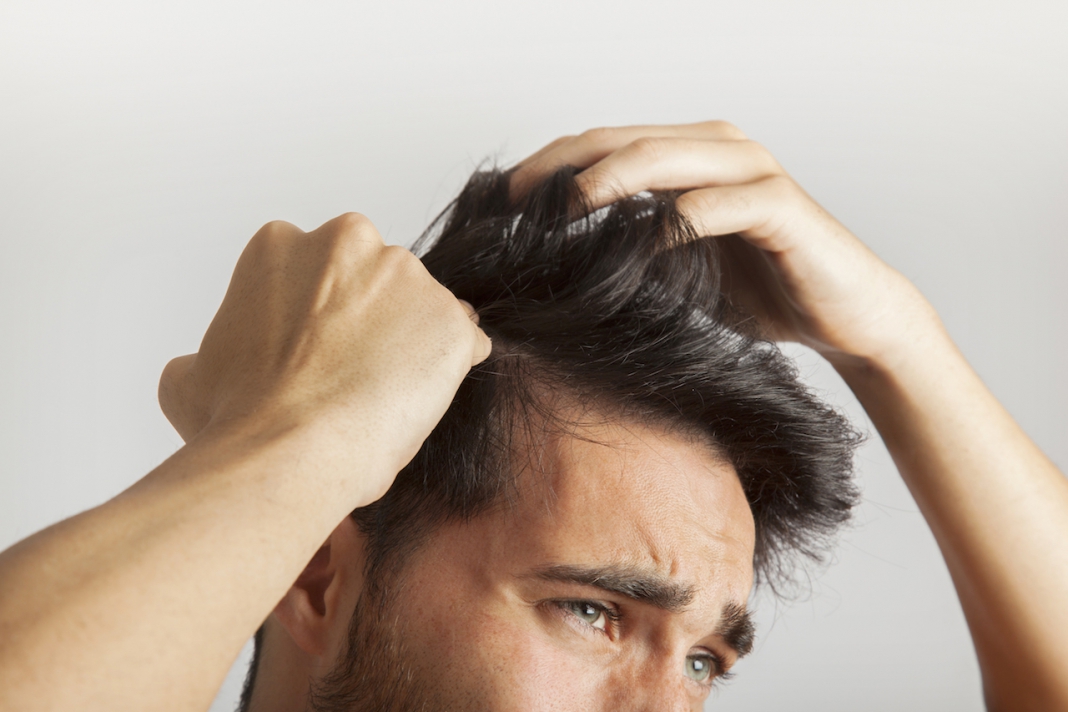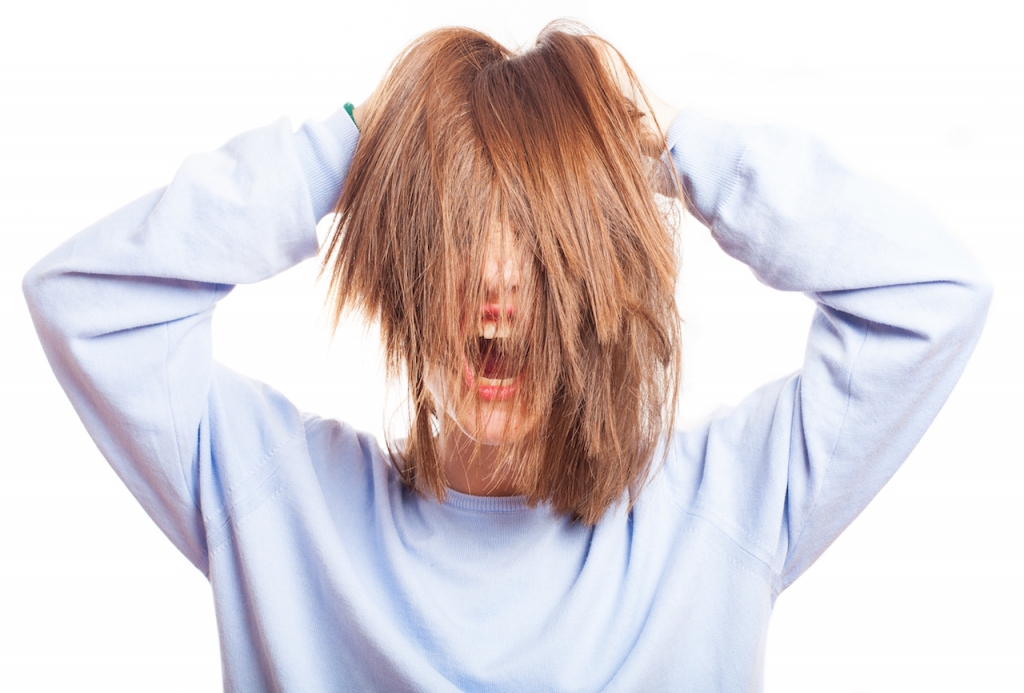Dandruff is a chronic skin disorder of the scalp. It occurs when the scalp gets too dry or greasy, resulting in the over-production of flaky dead skin. Although dandruff does not affect one’s health, it may cause great embarrassment.
What causes dandruff?
Just like skin in other areas, your scalp goes through a continuous process of growing and shedding skin cells. In people with dandruff, this process happens at a more rapid rate. The oil produced by your scalp causes the deal cells to stick together, forming white flakes.
Dandruff can be triggered by many things, including:
Seborrheic dermatitis. Seborrheic dermatitis is probably the most common cause of dandruff. When you have seborrheic dermatitis, your scalp is red, irritated, and oily, covered with flaky white or yellow scales. Besides the scalp, other areas with many oil glands may be affected as well (eyebrows, nose sides, breastbone, groin, and armpits).
Poor hair hygiene. If you do not wash your hair regularly, oils and dead skin cells may build up and cause dandruff.
Malassezia. Malassezia is a yeastlike fungus that can be found in the scalps of most people. However, in some cases, Malassezia may act up and irritate the scalp, causing dandruff.
Contact dermatitis. Your hair care products can sometimes irritate your scalp and cause itchy and flaky scalp.
Treatment for dandruff
Although you cannot completely get rid of dandruff, you can still manage it with proper treatment.
The first step is to wash your hair thoroughly with a non-medicated shampoo. Try massaging the scalp and rinsing well. Regular washing may help to remove dead skin cells and prevent buildups. If your condition does not get better with good hygiene alone, you should use antidandruff shampoos. While some antidandruff shampoos require daily uses, others may only need to be used once or twice per week. Remember to follow the instructions strictly for the best result.
Good ingredients to keep in mind when shopping for antidandruff shampoos are ketoconazole, selenium sulfide, salicylic acid, sulfur, coal tar, or zinc pyrithione. Ketoconazole, sulfur and coal tar seem to be more effective against dandruff caused by seborrheic dermatitis. Salicylic acid works better for those with dandruff caused by psoriasis.
If over-the-counter shampoos don’t help, or if you notice your condition getting worse, it’s best to seek medical help. Your doctor may give you a corticosteroid lotion as topical treatment. It’s worth mentioning that corticosteroid lotions can thin your skin and cause side effects. So, they should not be used for a prolonged period of time, unless your doctor tells you to do so.
Source: Article contributed by hellodoktor.com.
Read also: Home Remedies to Remove Unwanted Hair










